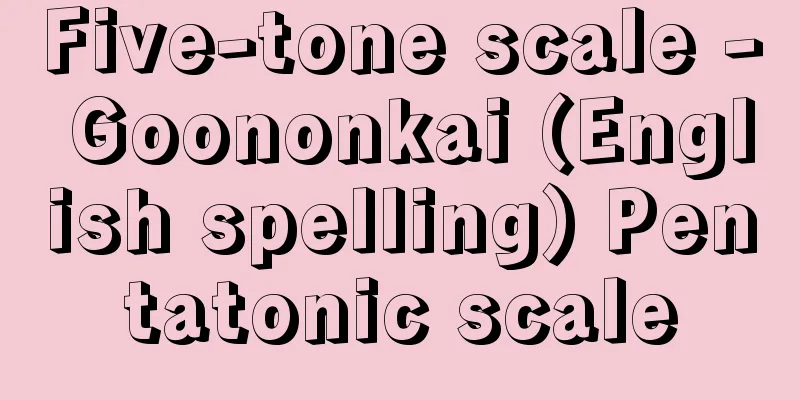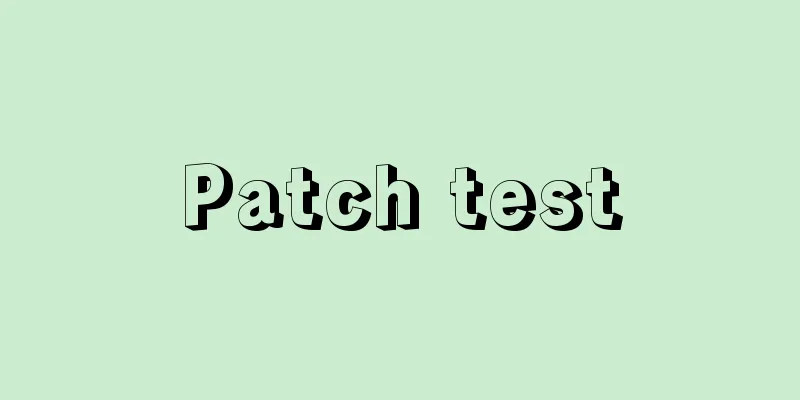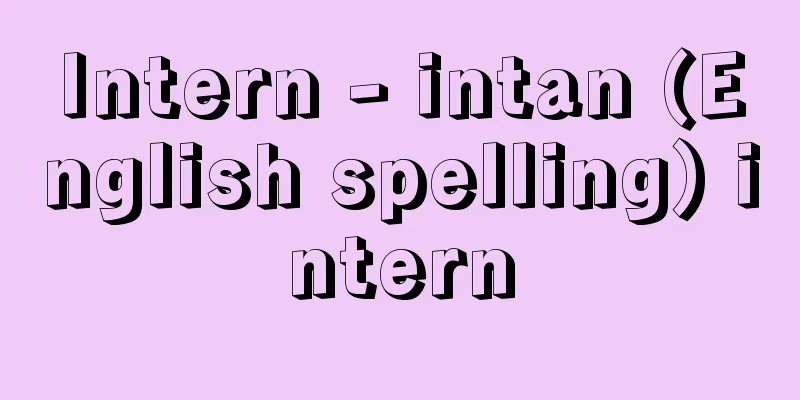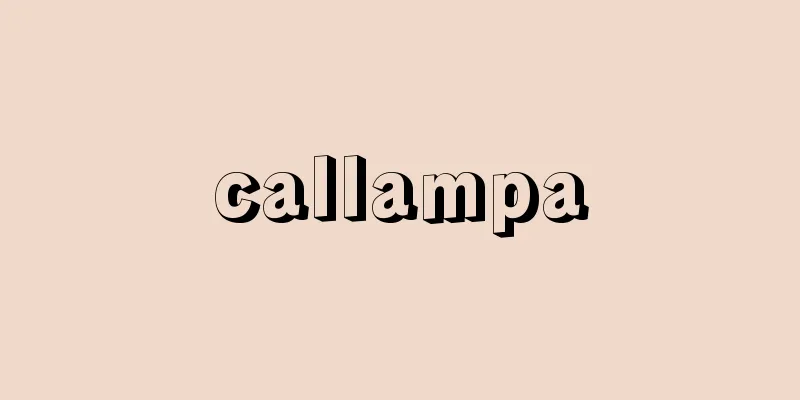"Diary of a Madman" (Lu Xun)
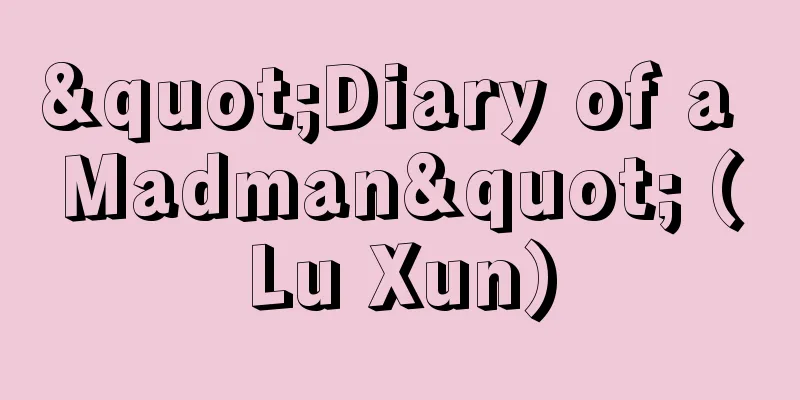
|
...The idea that the family system, which was the basis of China's feudal system, and the teachings of Confucius (Confucianism), which supported it, must be rejected in order to reform Chinese society and culture, was shared among progressive intellectuals, centered around the magazine "New Youth," which advocated "democracy and science." Chen Duxiu, in many writings such as "The Way of Confucius and Modern Life," argued that Confucius's ideas were feudal and incompatible with democracy, Wu Yu sharply criticized Confucianism as being as terrible as a "beast of floods," and Lu Xun, in "Diary of a Madman," said that Confucianism is a teaching that "man eats man," and wrote that children who have never eaten man (not poisoned by Confucianism) should be saved. In addition, many others, including Hu Shi, Li Dazhao, Zhou Zuoren, Qian Xuantong, Yi Baisha, and Gao Yihan, argued for the overthrow of Confucianism. ... From [Chinese Literature]...Then, Chen Duxiu published "On Literary Revolution" in response to this, advocating "national literature," "realistic literature," and "social literature," and "literary revolution" became the watchword of the era. It was Lu Xun's short story "Diary of a Madman" (1918) that first gave substance to the literary revolution. In this work, Lu Xun created a strong, taut, colloquial style of writing, sharply exposing the deception of the feudal Confucian order in which "man can eat man," and uttered a heartbreaking cry for human liberation. ... From [Literary Revolution]...It focused on the current situation after the Xinhai Revolution, which had not brought about any social change, and proclaimed that the most urgent task was to change the spiritual realm of the people and to revolutionize Confucian ethics and morals. This meant that the literary revolution was not only a terminology reform movement, but also took on the mission of breaking down Confucian ethics. In this sense, Lu Xun's Diary of a Madman (1918) is notable as the first vernacular novel to denounce the traditional society supported by Confucian ethics as a society in which "people eat people," and to put the ideas of the literary revolution into a work of art. While vernacular literature was published one after another with the Diary of a Madman as the starting point and building up a track record, the May Fourth Movement that began in 1919 led to the appearance of a huge number of vernacular publications (newspapers and magazines) by student groups and other organizations throughout the country, and the government's Ministry of Education finally issued a notice in the fall of 1920 to adopt vernacular as the national language for lower grades of elementary school. From Lu Xun…After returning to China, he had high hopes for the Xinhai Revolution (1911) while working as a teacher in his hometown, but the revolution failed and he experienced deep despair. He then went to Beijing as an official in the Ministry of Education, and after several years of despairing silence, he published his first novel, Diary of a Madman (1918). Borrowing the psychology of a madman, this novel sharply exposed the reality of a semi-feudal, semi-colonial society in which "man can eat man," and opened up a completely new form and content of modern literature that had never existed before in the world of Chinese literature. … *Some of the terminology referenced in "Diary of a Madman" (Lu Xun) is listed below. Source | Heibonsha World Encyclopedia 2nd Edition | Information |
|
…〈民主と科学〉を旗じるしとする雑誌《新青年》を中心に,中国の社会と文化を改革するためには,中国の封建体制の基礎となっている家族制度とそれを支えてきた孔子の教え(儒教)を否定せねばならぬ,という認識が進歩的知識人の共通のものとなった。陳独秀は〈孔子の道と現代生活〉など多くの文章で,孔子の思想が封建的なものであって民主主義とは両立しえないと主張し,呉虞は〈儒教の害毒は洪水猛獣〉のごとくはなはだしいものだと痛烈に批判し,魯迅は,儒教は〈人が人を食う〉教えであるとのべて《狂人日記》のなかで,人を食ったことのない(儒教に毒されぬ)子供を救え,と書いた。このほか,胡適,李大釗(りたいしよう),周作人,銭玄同,易白沙,高一涵など多くの人々が儒教の打倒を論じた。… 【中国文学】より…ついで,陳独秀が〈文学革命論〉を発表してこれに呼応し,〈国民文学〉〈写実文学〉〈社会文学〉を提唱するにおよんで,〈文学革命〉は時代の合言葉となった。文学革命に最初の実体を与えたのは,魯迅の短編《狂人日記》(1918)であった。魯迅はその作品で,強靱でひきしまった口語体の文体を創出し,〈人が人を食う〉封建的儒教秩序の欺瞞(ぎまん)性を鋭く暴き,人間解放の悲痛な叫びをあげた。… 【文学革命】より…それは,何ひとつ社会変革をともなっていない辛亥革命後の現状に目を向け,国民の精神領域での変革,儒教的倫理道徳の革命こそ真っ先の急務であるとうたったものでもあって,これにより文学革命は用語変革運動であると同時に,儒教倫理打破という使命をも帯びることになる。その意味で魯迅の《狂人日記》(1918)は,儒教倫理に支えられた伝統社会を〈人が人を食う〉社会であると告発,文学革命の理念を最初に作品化した白話小説として特筆される。 《狂人日記》を嚆矢(こうし)として白話文学がたてつづけて発表され実績を積む一方,19年にはじまる五・四運動は全国各地に学生団体などの手になる膨大な量の白話報刊(新聞・雑誌)を出現させ,政府教育部はついに20年秋から小学低学年の国語に白話を採用せよとの通達を出す。… 【魯迅】より…帰国後,郷里での教員生活中に迎えた辛亥革命(1911)に大きな期待を寄せるが,革命は挫折し,深い絶望を味わう。やがて教育部の一役人として北京に出た魯迅は,数年におよぶ絶望の沈黙のはてに最初の小説《狂人日記》(1918)を発表する。狂人の心理を借りて〈人が人を食う〉半封建・半植民地の現実を鋭く暴いたこの小説は,従来なかったまったく新しい近代文学の形式と内容を中国文学の世界に切り開いた。… ※「《狂人日記》(魯迅)」について言及している用語解説の一部を掲載しています。 出典|株式会社平凡社世界大百科事典 第2版について | 情報 |
Recommend
UIT
…The beginning of modern international shooting s...
Leo (constellation) (English spelling) Leo
…Its abbreviation is Leo. It is a major spring co...
Jensch, ER - Jensch
...Personality studies were established as an aca...
Leon (English spelling)
A city in western Nicaragua. It is the second larg...
Dan
[1] 〘 noun 〙① An altar used in Shinto rituals. [Ni...
Color sensitization - Irozokan
...In other words, when an emulsion is aged, its ...
Colloquialism - Kougohou
It is used in two senses: (1) the grammar of spoke...
Ueme - Ueme
...This refers to a woman who plants rice seedlin...
Azuma Mondo
A Muromachi period treatise on renga. Also known a...
Brass band
The English word brass means "brass band"...
Book of Lindisfarne
This is an early Irish-Saxon large-scale illuminat...
Ema - Ema
These are pictures that are offered to deified obj...
Emperor Nakamikado
1702 * -1737 The 114th Emperor of Japan in the mi...
Backward reasoning - Ushiromukisuiron (English spelling) backward reasoning
One of the reasoning methods used in research in t...
Ranking (Japanese clothing) - Kakutsuke
...Kimonos are lined from October to May, hitoe i...
